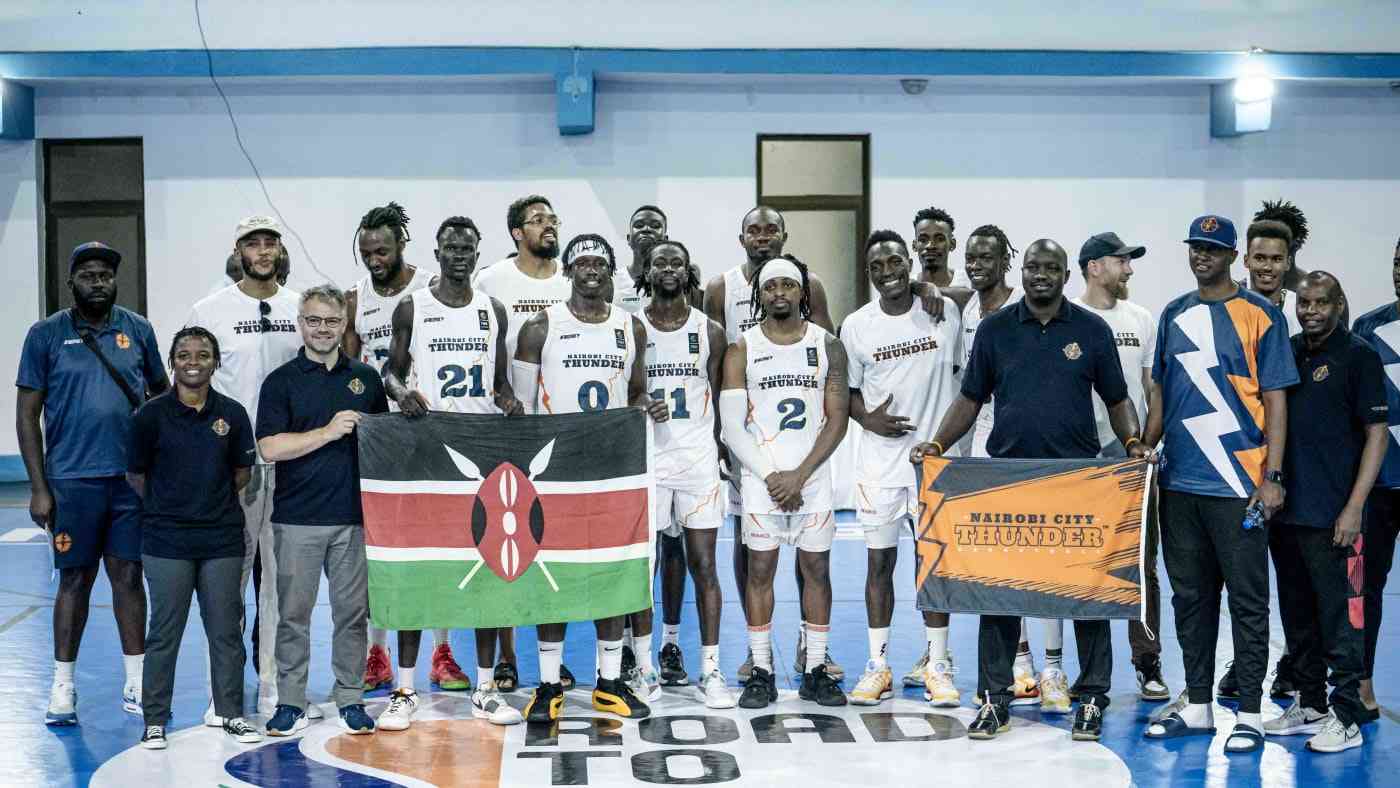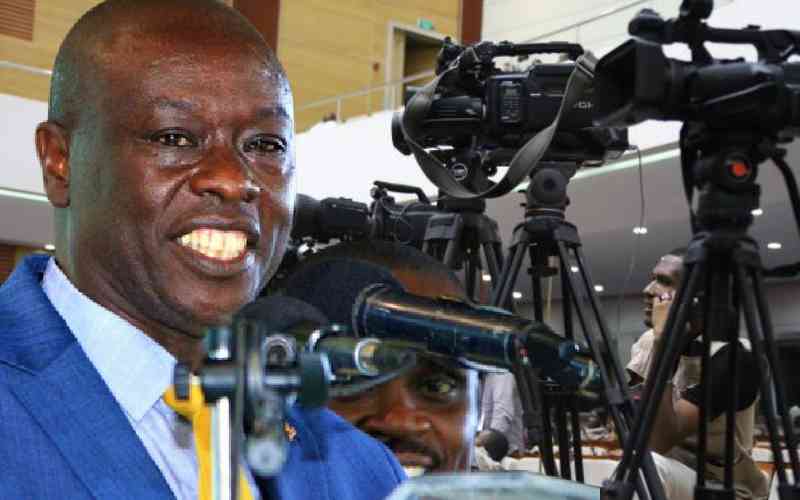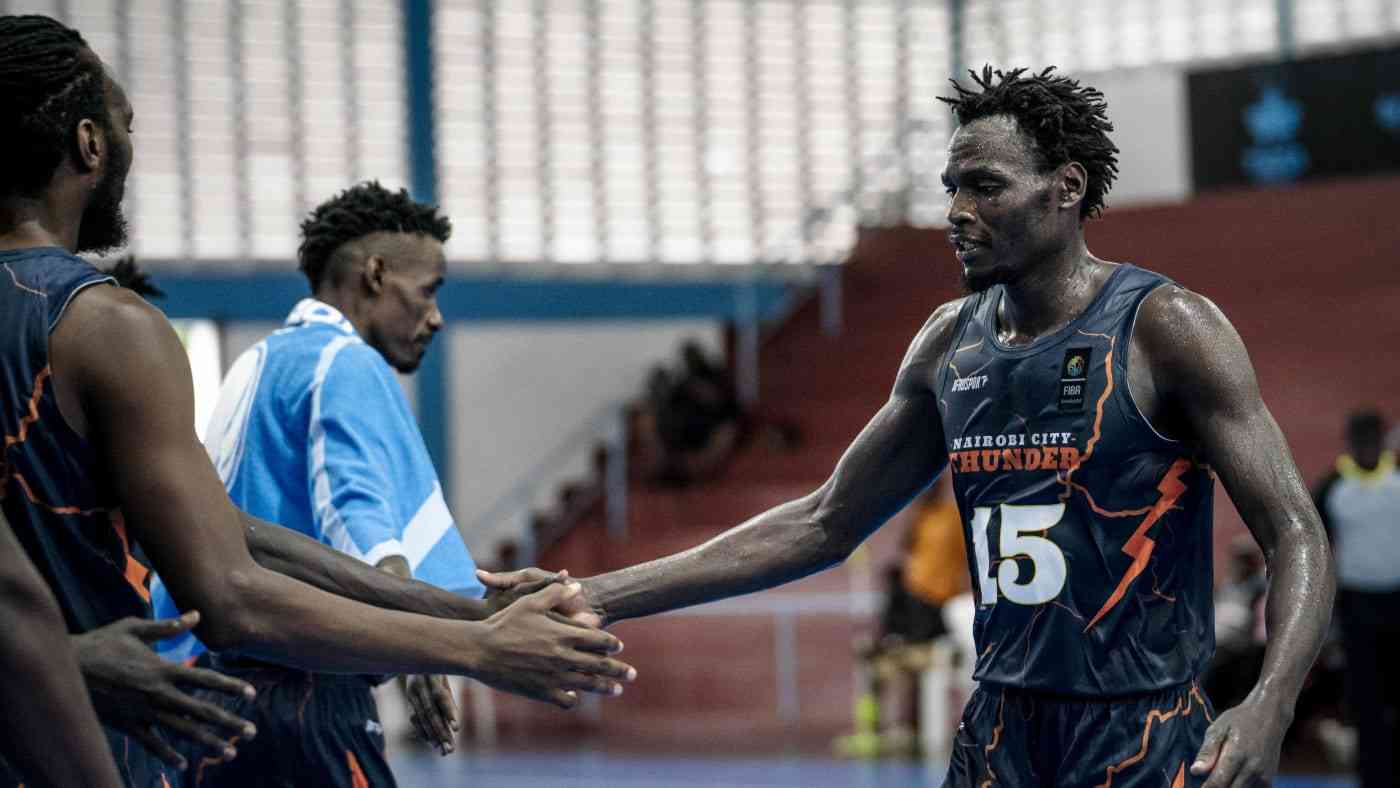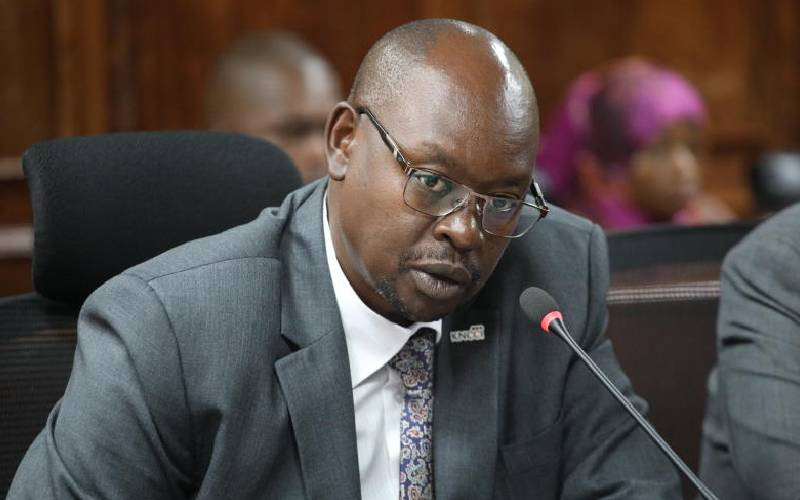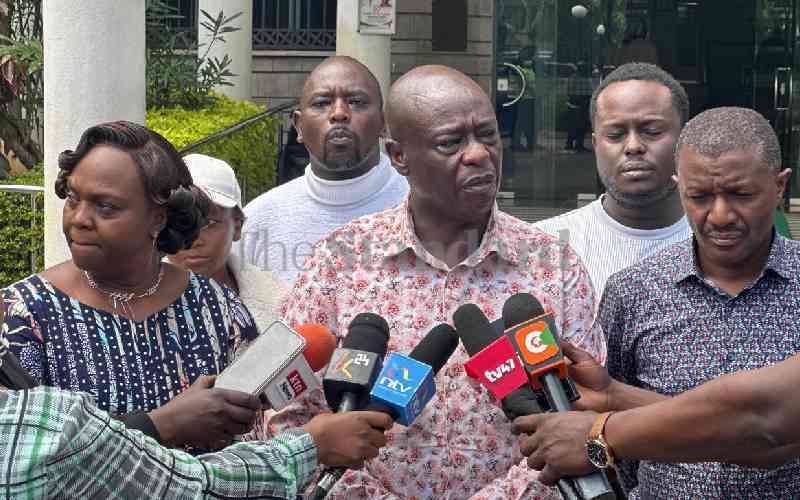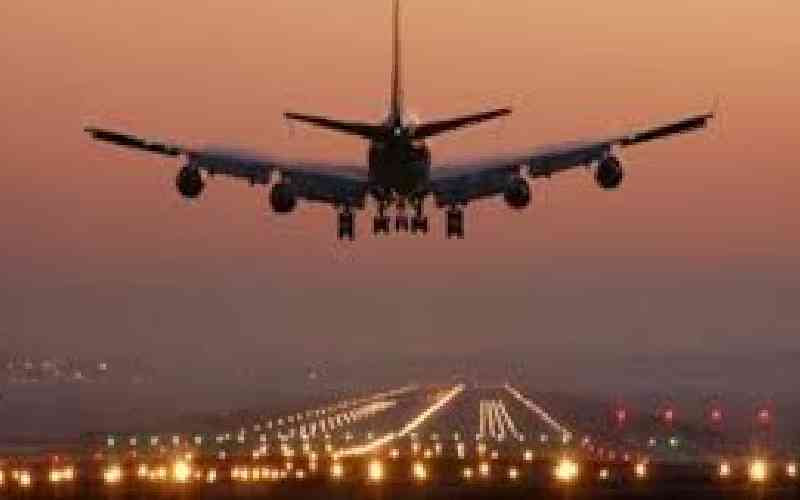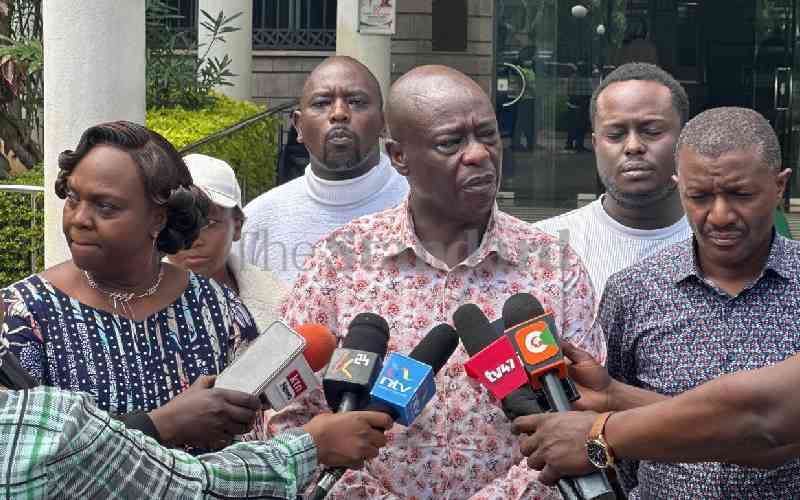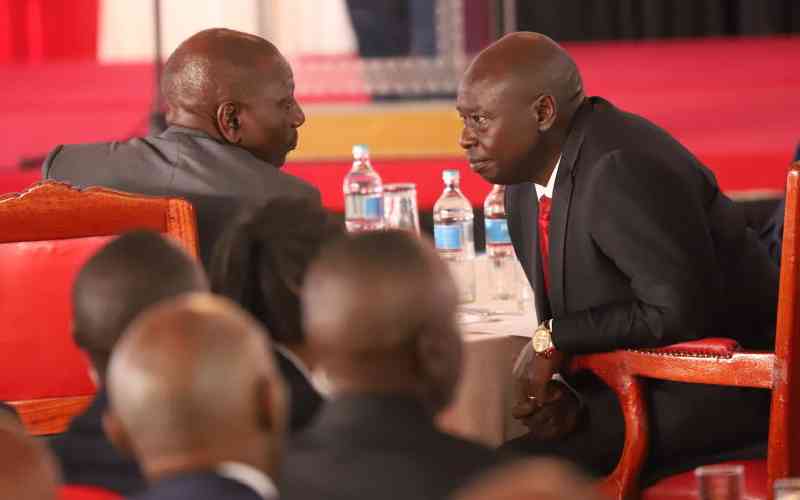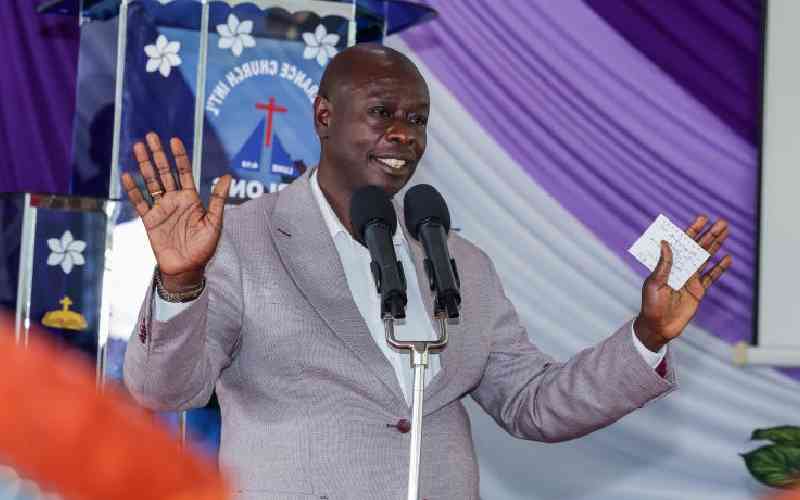 |
|
IMF Managing Director Christine Lagarde says Africa still has big infrastructure gaps, which represent huge costs to businesses and people. |
Maputo, Mozambique: Africa is “taking off” with strong, steady growth but poverty is unacceptably high, head of International Monetary Fund (IMF) Christine Lagarde has warned.
Given the scenario, she said governments should build infrastructure and institutions and educate people to share the benefits more widely.
Lagarde said Sub-Saharan Africa is expected to grow by around 5.5 per cent this year – well above the global average – with some of its poorest countries expanding by closer to 7 per cent.
But the IMF chief said although the region had become a growing investment destination for both advanced and emerging economies, with a record $80 billion of inflows expected this year, the economic benefits of the growth surge had yet to be widely distributed across the region’s population.
“Poverty remains stuck at unacceptably high levels – still afflicting about 45 per cent of the region’s households,” Lagarde told a meeting of African finance ministers and development experts at the just-concluded IMF conference in the Mozambican capital Maputo.
Despite forecasts of continuing strong expansion for the region, its positive outlook has been darkened this year with flare-ups of conflict, insurgency and violence.
This has ranged from civil war in the world’s newest state, South Sudan, an insurgency waged by radical Islamist Boko Haram group in Africa’s largest economy Nigeria and attacks by Islamist militants hurting tourism and business in Kenya.
Financial conditions
As African countries tap new sources of funds through natural resource discoveries and international dollar bonds, questions have also arisen about how governments are managing this money in fast-growing economies like Ghana and Zambia.
Lagarde said that with the international recovery still looking weak and uneven, Africa’s positive outlook also faced risks from slower growth in the world’s advanced economies and in emerging markets, which are the region’s main trade partners.
Other risks included lower prices for some commodities, tighter external financial conditions and market volatility.
The IMF head recommended three priorities to ensure that the region’s growth can be wide, inclusive and sustained: These are “Build infrastructure, build institutions, and build people.”
Infrastructure gaps
Lagarde said Africa still had big infrastructure gaps, which represented huge costs to businesses and to people. She cited as an example the fact that over the past three decades, per capita output of electricity in Sub-Saharan Africa remained virtually flat.
Only 16 per cent of all roads were paved, compared with 58 per cent in South Asia. The investment needs to address this in the region were estimated at about $93 billion annually, she said.
Stay informed. Subscribe to our newsletter
Lagarde said Africa also needed to improve governance, transparency and create sound economic frameworks for growth – she called this “building institutions”.
 The Standard Group Plc is a
multi-media organization with investments in media platforms spanning newspaper
print operations, television, radio broadcasting, digital and online services. The
Standard Group is recognized as a leading multi-media house in Kenya with a key
influence in matters of national and international interest.
The Standard Group Plc is a
multi-media organization with investments in media platforms spanning newspaper
print operations, television, radio broadcasting, digital and online services. The
Standard Group is recognized as a leading multi-media house in Kenya with a key
influence in matters of national and international interest.
 The Standard Group Plc is a
multi-media organization with investments in media platforms spanning newspaper
print operations, television, radio broadcasting, digital and online services. The
Standard Group is recognized as a leading multi-media house in Kenya with a key
influence in matters of national and international interest.
The Standard Group Plc is a
multi-media organization with investments in media platforms spanning newspaper
print operations, television, radio broadcasting, digital and online services. The
Standard Group is recognized as a leading multi-media house in Kenya with a key
influence in matters of national and international interest.


